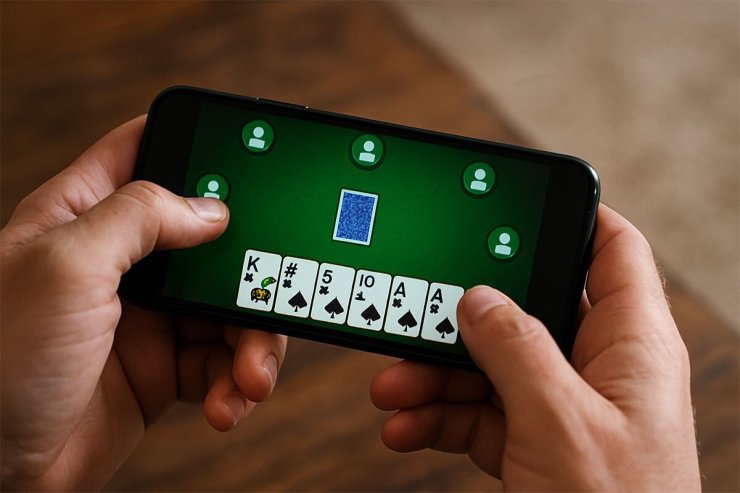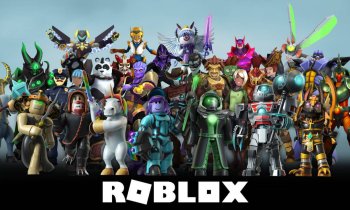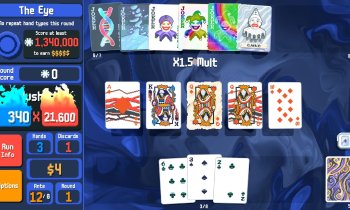
The digital revolution hasn't killed traditional board games—it's given them new life. While video games dominate entertainment headlines, classic board games are experiencing an unexpected renaissance through digital platforms. These timeless games have found fresh audiences online, combining nostalgic gameplay with modern convenience and global connectivity. From mobile apps to sophisticated online platforms, traditional board games are proving that good game design transcends technology. This revival demonstrates how digital adaptation can preserve cultural heritage while making these games more accessible than ever before.
1. Chess: The Eternal Strategic Masterpiece
Who would've thought chess could become trendy again? Yet here we are, watching millions discover this ancient strategy game through their phones and computers. Chess.com and Lichess have completely changed the game—literally. Remember when finding someone to play chess meant awkwardly approaching strangers in parks?
Now you can challenge opponents from Tokyo to Toronto with a single tap. The instant feedback from computer analysis feels almost magical, especially when you realize the blunder you made three moves ago. Beginners can actually learn proper openings without memorizing dusty chess books, while grandmaster-level engines provide opponents that never tire or become impatient.
Streaming culture has turned chess players into celebrities, something nobody predicted ten years ago. Speed chess variants keep things exciting, and honestly, watching someone solve chess puzzles faster than I can tie my shoes remains both impressive and slightly depressing. Digital chess preserves the game's essence while addressing its accessibility issues.
2. Ludo: Simple Fun for Global Audiences
There's something beautifully ironic about Ludo's digital success—this simple dice game has conquered smartphones worldwide. Families scattered across continents can now play ludo online together, recreating those Sunday afternoon competitions that used to require everyone in the same room.
The animated dice rolls and colorful boards make victory even sweeter, though losing still stings just as much. Mobile versions solve Ludo's biggest weakness: games that dragged on forever can now be paused when dinner's ready or resumed during lunch breaks. Voice chat features bring back the trash talk and laughter that made physical games memorable.
Different cultural versions coexist peacefully on the same platforms, letting players experience Pakistani Ludo or Brazilian variations without traveling. Tournament modes add competitive spice for those who take their token-racing seriously. The beauty lies in Ludo's unchanged core—it's still about luck, timing, and that sweet satisfaction of sending opponents back to start. Digital technology simply removed the barriers that kept people from playing together.
3. Scrabble: Words in the Digital Age
Scrabble's digital makeover solved problems players didn't even realize they hated. No more arguments about whether "qi" counts as a real word—the computer settles disputes instantly. Words with Friends sparked a social media obsession that introduced Scrabble to people who'd never touched a physical board. Suddenly, grandmothers were crushing teenagers with obscure two-letter words learned from online dictionaries.
The ability to play across days or weeks transformed Scrabble from a single-session commitment into an ongoing conversation between friends. Hint systems help newcomers without making experts feel babied, though there's still heated debate about whether using them counts as cheating.
AI opponents never complain about losing or gloat about impossible seven-letter words using all vowels. Mobile notifications create anticipation—nothing beats getting that "your turn" alert during a boring meeting. Digital Scrabble maintains the educational pretense that makes parents feel good about screen time while kids accidentally expand their vocabularies. Some things never change: drawing terrible letters still feels personal.
4. Monopoly: Property Trading Goes Digital
Digital Monopoly fixes the game's worst feature: the time-consuming nature of finishing it. Automated banking means no more "Wait, who's the banker?" confusion or suspicious money counting. Properties get bought and rent gets collected without human error, though landing on Boardwalk with hotels still hurts your soul.
Online versions let families maintain gaming traditions despite living in different time zones, proving some bonds survive any distance. Themed editions featuring everything from Disney characters to local landmarks keep the formula fresh without losing familiar mechanics. Speed modes compress hours of gameplay into manageable chunks, perfect for attention spans shaped by social media. AI opponents provide consistent competition without the drama of human players who quit when losing badly.
Educational features sneak financial literacy lessons into entertainment, making parents happy while kids learn about mortgages and investments. The digital format enables rule variations that would be nightmarish to track manually. Despite all these improvements, bankrupting friends remains equally satisfying whether you're counting paper money or watching digital bank balances drop.
5. Backgammon: Ancient Strategy Meets Modern Connectivity
Backgammon discovered its perfect home online, connecting players who might never meet in person but share a passion for this ancient game. Setup time vanishes—no more arranging checkers while mentally reviewing opening moves. Clear visual cues help newcomers understand legal moves without asking embarrassing questions, although experienced players still occasionally click on the wrong spots out of habit.
Probability calculators reveal mathematical beauty hidden beneath surface luck, transforming casual players into strategic thinkers. Playing multiple games simultaneously feeds competitive appetites without overwhelming slower-paced opponents. Prize tournaments create professional opportunities for skilled players who previously had limited outlets for their talents. Mobile versions turn commutes into gaming sessions, though explaining backgammon strategy to curious seatmates remains challenging.
Cultural variants from different regions coexist peacefully, letting players explore Georgian nardshir or Turkish tavla without traveling. The doubling cube's psychological warfare translates perfectly to digital formats, where reading opponents relies on timing rather than facial expressions. Modern technology preserves ancient wisdom while removing geographical barriers that once limited this game's reach.
6. Risk: Global Conquest in Virtual Worlds
Risk finally escaped its reputation as "that game nobody finishes" thanks to digital efficiency. Dice rolling happens instantly instead of consuming precious minutes, though dramatic tension somehow survives automation. Multiple victory conditions prevent games from dragging endlessly while maintaining strategic depth that made Risk legendary. Online multiplayer enables epic campaigns between friends separated by oceans, creating shared memories despite physical distance.
Historical scenarios add educational value without feeling like homework, letting players experience famous battles through strategic decisions. AI opponents provide reliable competition without human drama—no more rage-quitting when Australia gets invaded. Cloud saves mean campaigns can span weeks without requiring marathon sessions that test friendships.
Hybrid versions that borrow real-time strategy elements appeal to video gamers while respecting the traditional roots of board games. Regional variations showcase different conflict styles and victory paths, expanding strategic possibilities beyond familiar world domination. Digital Risk proves that classic game design adapts beautifully to modern technology when core mechanics remain unchanged. Global conquest feels just as satisfying whether you're moving plastic armies or clicking digital territories.
7. Checkers: Timeless Simplicity in Digital Form
Checkers thrives online because its elegant simplicity translates perfectly to digital interfaces. Quick matches satisfy modern attention spans while preserving strategic depth that's fooled people for centuries. Instant opponent matching means games start immediately instead of waiting for willing participants. Undo features help beginners learn without feeling stupid, though competitive modes disable such mercies for serious players. Game analysis reveals tactical patterns invisible during live play, transforming losses into learning opportunities.
Mobile versions make checkers incredibly portable—perfect for waiting rooms or boring meetings. Rating systems create competitive hierarchies that are impossible to maintain in casual physical play. International variants introduce strategic complexity most players never knew existed, expanding appreciation for cultural gaming traditions.
AI opponents scaled from beginner to expert to ensure appropriate challenges regardless of skill level. Digital preservation protects checker variants from disappearing as fewer people learn traditional rules. The game's mathematical beauty becomes more apparent when computers track patterns human brains miss. Checkers proves that simple rules can generate infinite complexity, whether played on a kitchen table or a smartphone screen.
Conclusion
The digital renaissance of classic board games proves that great game design transcends technological boundaries. These traditional games have not only survived the digital revolution but have thrived by embracing new technologies while preserving their core appeal. Digital platforms have solved many practical limitations of physical board games—from setup time to finding opponents—while adding features that enhance learning and competition.
As technology continues evolving, these timeless games will likely find new expressions and audiences, ensuring their cultural significance endures for future generations. The success of digital board games demonstrates that innovation doesn't always mean creating something entirely new; sometimes, it means finding better ways to share timeless experiences.










Comments